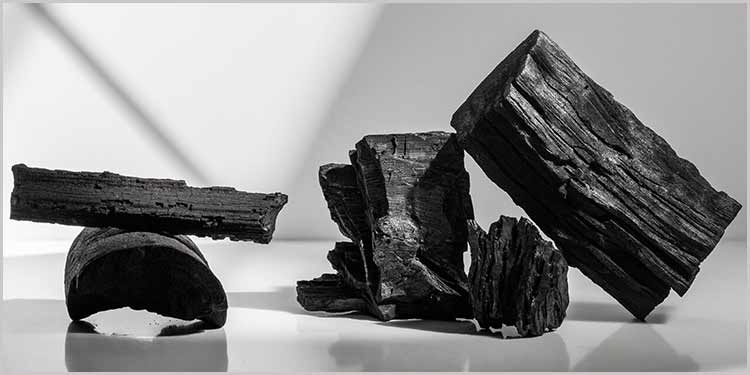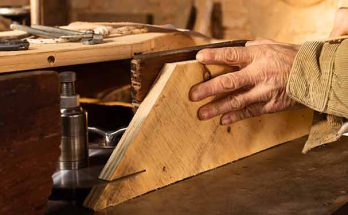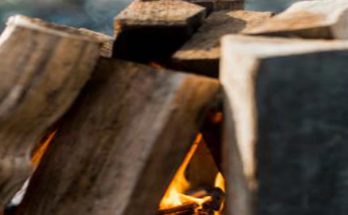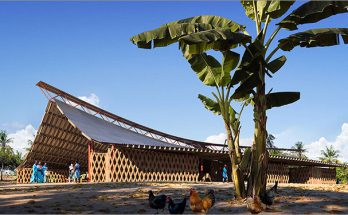
As part of a major push towards clean energy and sustainable waste management, Tanzania is launching an innovative Sh2.63 billion project to convert rice husks into eco-friendly charcoal. Targeting the rice-producing regions of Shinyanga, Mbeya, and Morogoro, the one-year pilot project aims to turn agricultural waste into a cleaner cooking fuel alternative, reducing pressure on forests and traditional firewood use. The project is a joint effort between the Nelson Mandela African Institution of Science and Technology and the United Nations Industrial Development Organization (UNIDO), with financial support from the Government of Japan.
The project will build local capacity by training smallholder farmers and communities to convert rice husks typically discarded into charcoal briquettes suitable for use in homes, schools, and industries. According to Mr. Benedicto, this effort supports President Samia Suluhu Hassan’s broader clean energy agenda. By encouraging the production of this alternative charcoal, we’re reducing reliance on wood fuel, which contributes to environmental degradation. The initiative also seeks to raise public awareness about the long-term benefits of adopting sustainable bio-based fuels. UNIDO’s Ms. Lorence Ansement highlighted that the project introduces Japanese technology designed to turn biomass waste into valuable, marketable products.
A key focus of the project is inclusivity and economic empowerment. Ms. Ansement explained that a business model will be developed to help scale up production, with an emphasis on involving women and youth in entrepreneurship and job creation. Ms. Nahomi Nishio, project manager at UNIDO, confirmed the project’s budget at approximately $1 million, and Mr. Jin Hashimoto from the Japanese Embassy in Tanzania expressed optimism that this initiative would have lasting impact on energy access and bilateral cooperation.
According to the 2022 Population and Housing Census, 56% of Tanzanian households still rely on firewood, while 26% use charcoal for cooking. Despite this, the World Bank data shows the use of clean cooking energy rose from 1.5% in 2010 to 6.9% by 2021 is making progress. With projects like this, Tanzania is steadily moving toward its 2034 target: ensuring that at least 80% of the population has access to clean cooking energy. The future of wood energy in Tanzania looks greener, smarter, and more sustainable.



